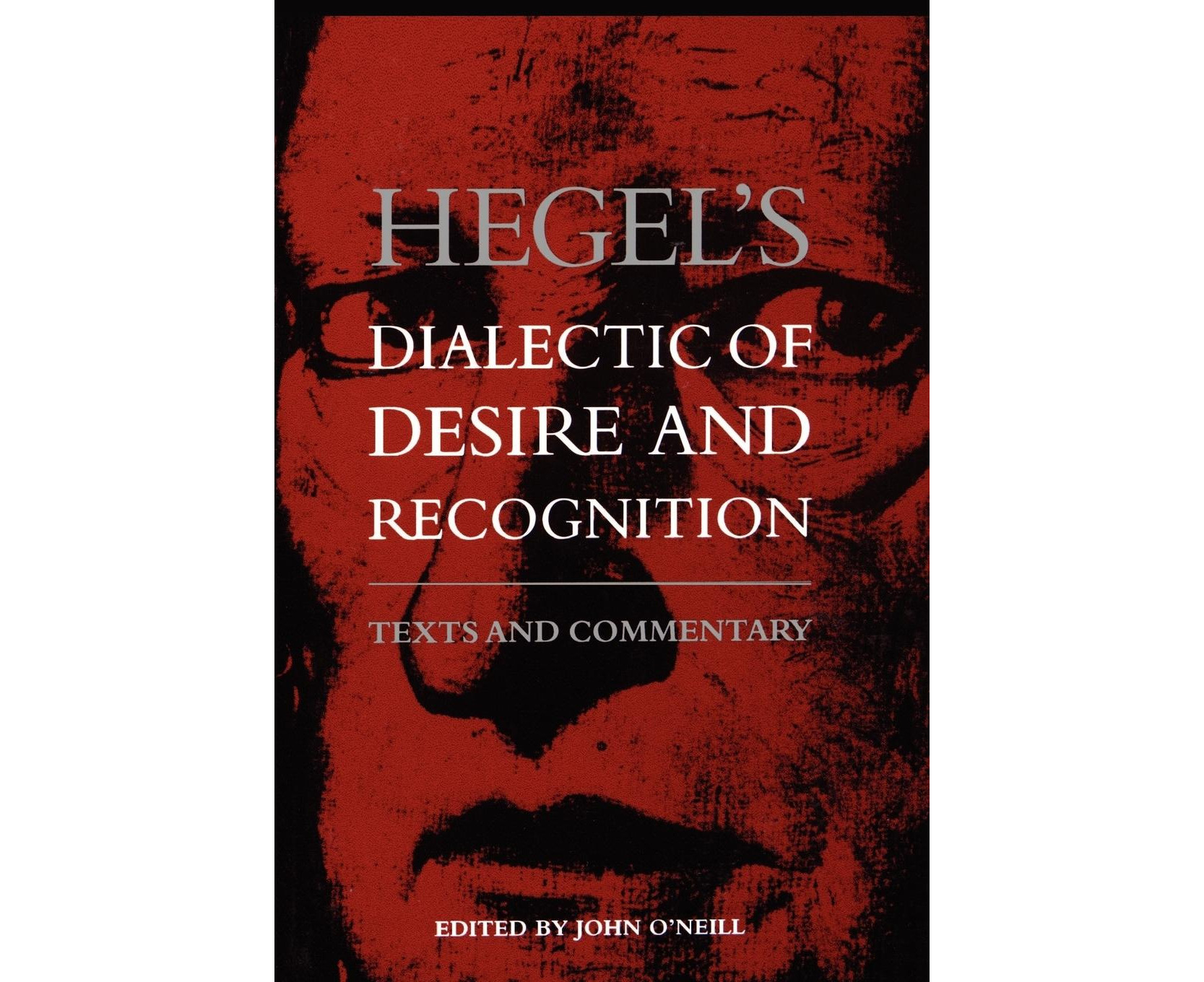

If you are a member of an institution with an active account, you may be able to access content in one of the following ways: Get help with access Institutional accessĪccess to content on Oxford Academic is often provided through institutional subscriptions and purchases. This apparent contradiction requires further investigation. Yet Nietzsche also maintains that there is such a thing as a noble community that is both affirmative and dependent on preservation of strong differences.

When Nietzsche criticizes sympathy, he claims that all community makes humans common and impure this implies that community is essentially herd community and essentially negative and homogenizing, lacking in solidarity. Nietzsche’s thought concerning community remains ambiguous. Such double affirmation is indistinguishable from Hegel’s analysis of mutual recognition, an irony that undermines Deleuze’s central claim that Hegel and Nietzsche are opposites. However, when Deleuze gives his account of affirmation in Nietzsche, it becomes clear that affirmation is double: The primary, Dionysian affirmation is actual only as the object of a second affirmation. The chapter examines Gilles Deleuze’s claim that Hegel and Nietzsche are opposites and that Hegel’s recognition is inherently servile in Nietzsche’s sense. For Hegel master/slave results from the struggle for recognition for Nietzsche it is a typology of morality: the life-affirming or the decadent.

This chapter compares Hegel and Nietzsche on the topic of master and slave.


 0 kommentar(er)
0 kommentar(er)
